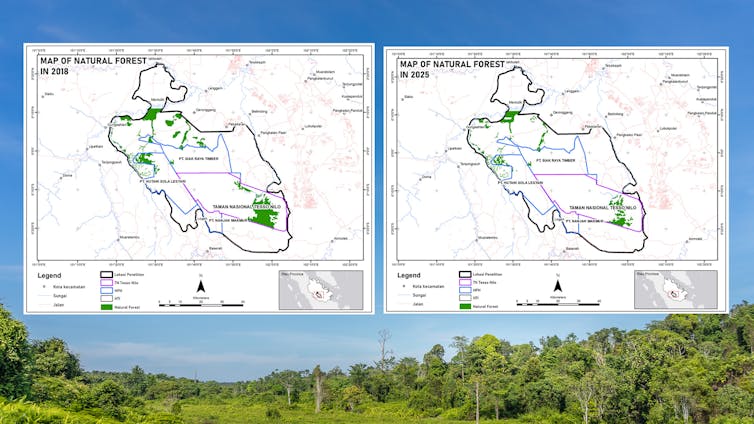Trusting AI in financial markets: Octa broker's rundown of perspectives and prospects
- Written by Octa
The State of AI Adoption in Trading
AI adoption in trading is rather significant on the enterprise level. According to McKinsey's 2024 State of AI Report, 50% of financial institutions[3] have integrated AI into their trading workflows, citing efficiency and predictive capabilities as primary benefits. However, individual traders remain cautious: surveys indicate that 38% of retail traders hesitate[4] to fully trust AI-driven decisions, primarily due to fears of losing control over critical trading outcomes. While the fear of the unknown and potential risks prevent traders from adopting the tech, the FOMO (fear of missing out) may inevitably increase, with AI allegedly offering an enhanced trading experience.
The Perks of AI Adoption for Retail Traders
As discussed in the previous material, AI in Finance by Global Broker Octa: Transforming Investment Strategies for the Future[5], the potential of AI in enhancing trading processes has already started to shape the industry. Recent research from JPMorgan found that approximately 60%[6] of their institutional trading activities now integrate AI-driven tools to optimise market predictions and improve trade execution. Furthermore, the 2023 McKinsey State of AI report[7] highlights that AI adoption in the financial services sector has increased by 35% over the past two years, driven by its ability to reduce processing times by up to 70% and improve predictive accuracy by 30%. For traders, these advancements mean more efficient workflows and potentially more accurate decision-making.
What is more, AI-based tools process immense datasets in real-time and uncover actionable insights without the need to spend hours monitoring the market manually. By automating routine tasks like tracking price movements or scanning charts for patterns, AI allows traders to focus on strategic decision-making. Besides, AI-based tools like OctaVision aim to help traders improve their decision-making by offering personalised trade analysis and recommendations.
Barriers to Trust in AI
While AI's capabilities are numerous and have proved to improve efficiency, traders harbour significant reservations:
- Loss of control: Many traders worry about handing over critical decisions to an automated system, fearing that AI might misinterpret complex market conditions.
- Technical failures: Some are concerned that the algorithms are adequately trained and rely on a decent data set to conduct accurate analysis of actual data.
- Transparency challenges: The 'black box' nature of some AI models makes it difficult for traders to fully understand how AI-based algorithms come up with specific recommendations.
Given that, achieving the optimal balance between AI-based insights and human touch is key to successful AI deployment for traders. To find the ideal blend, they should educate themselves on the mechanics of AI and its applications. To speed up the process, traders can study dedicated resources to understand how AI can be applied in retail trading and test ready-made scenarios in practice.
Balancing Trust and Innovation in AI-Driven Trading
Integrating AI into trading presents both opportunities and challenges for market participants. While the technology offers significant advantages—such as enhanced efficiency, quick data analysis, and improved predictive capabilities—it raises valid concerns about trust, transparency, and the potential loss of human oversight.
The growing adoption of AI across financial markets, as seen in institutional practices and retail trading trends, indicates that traders increasingly recognise its value in navigating the markets. However, a balanced approach is essential. By combining the strategic insights offered by AI with traditional analytical methods and personal judgement, traders can mitigate risks and harness the full potential of this technology. The key lies in education, transparency, and fostering a sense of control. Traders should adopt AI-based tools to enhance their strategies with confidence while maintaining the human touch that remains central to financial decision-making.
Hashtag: #Octa
The issuer is solely responsible for the content of this announcement.
References
- ^ Media OutReach Newswire (www.media-outreach.com)
- ^ Statista (www.statista.com)
- ^ 50% of financial institutions (www.mckinsey.com)
- ^ 38% of retail traders hesitate (learn.g2.com)
- ^ AI in Finance by Global Broker Octa: Transforming Investment Strategies for the Future (thesun.my)
- ^ approximately 60% (cointelegraph.com)
- ^ State of AI report (www.mckinsey.com)
Authors: Octa
Read more https://www.media-outreach.com/news/malaysia/2024/11/29/345606/





